“Why didn’t you tell me about vitamin A??”
The text from my older sister was accusatory but not entirely surprising, given that she never reads any of my work. If she had, she would have seen one of the many, MANY stories I have written on the subject.
Trends may come and go in the beauty world – is balayage on the way out (yes) and will lipgloss make a comeback (yes again) – but I’ve been evangelical in my belief that when it comes to skincare that combats the signs of ageing, vitamin A (which includes retinol) is the gold standard.
So what exactly is retinol?
It’s a vitamin A derivative found in over-the-counter skincare products that transforms into an active ingredient when it hits the skin. Numerous studies have found that retinol stimulates the production of collagen and increases the number of blood vessels to the skin, improving skin colour and texture.
Regular use “visibly improves the appearance of fine and coarse wrinkles, sun damage, and mottled pigmentation and dark spots,” explains Melbourne plastic surgeon Dr Chris Moss.
Retinol might sound like a skincare unicorn, but the research and results are all there. It just works.
Sydney-based facialist Angela Hibbard can always tell which of her clients are using retinol. “Those who have used retinol from an early age have fewer age spots and wrinkles, while clients that haven’t included retinol in their routine can have uneven skin, open pores and early ageing signs,” she says.
I’ve been using retinol’s stronger, medical-grade cousin, Tretinon, for years, ever since my dermatologist prescribed it for my adult acne. (Again, something I feel my big sister should have known.)
Me and retinol
Tretinoin (also known by popular brand names Retrieve, Retin-A and Stieva-A) has been used to treat acne since the 1970s. But it’s only in the past few years that retinol has become a buzzy beauty ingredient, thanks in part to skintellectuals – women (probably like you) who are increasingly comfortable deciphering complicated ingredient lists and who demand scientific, results-driven beauty products.
It’s worth pointing out, though, that retinol can irritate more sensitive skin types. Formulations range in concentration from 0.025% to 0.1% and “redness, scaling or flaking, dryness and itchiness” can all occur as potency increases, says Dr Moss.
Most experts recommend building tolerance by using retinol products a few times a week, then alternate days until you’re ready to use them daily.
Ready to try retinol? Here are a few other things to know…
Vitamin A might not be right for you especially if you’re pregnant, planning on falling pregnant, lactating or breastfeeding; or if you have rosacea, eczema or psoriasis. You should also seek a professional opinion if you have very sensitive or very dry skin.
Daily sunscreen is non-negotiable: In effect, Vitamin A exfoliates the top layer of skin, which means you’ll be more sensitive to UV exposure. Don’t bother using vitamin A if you’re not diligent about sunscreen.
Vitamin A doesn’t like the sun: The active ingredient can decompose when exposed to UV light, so look for products in opaque packaging and apply at night. “Use after cleansing and before hydrating, and don’t apply moisturiser immediately afterwards as this can dilute the product slightly,” says Hibbard.
It doesn’t like other active ingredients, either: Combining vitamin A with alpha hydroxy acids or vitamin C can increase the chance of irritation, so use these at different times of the day, or on alternate days. Dr Moss also recommends skipping any extra physical exfoliants to remove flaking, as they could result in further irritation or reaction.
If you’re looking to soothe and smooth: For results without the discomfort, Estée Lauder Perfectionist Pro Rapid Renewal Retinol Treatment, $125, esteelauder.com.au, combines time-released retinol with moisturising vitamin E and algae extracts.
If you’re looking for a clean formula: Drunk Elephant A-Passioni Retinol Cream, $113, which contains 1% vegan retinol.
If you’re starting your retinol adventure: Liberty Belle Rx Dream Team, $138, features encapsulated retinol that is slowly released for better tolerance.
If you’re on a budget: A fast-acting form of retinol works alongside hydrating hyaluronic acid in Neutrogena’s Rapid Wrinkle Repair Anti-Ageing Night Moisturiser, $39.99.
PHOTO CREDIT: Ed Urrutia




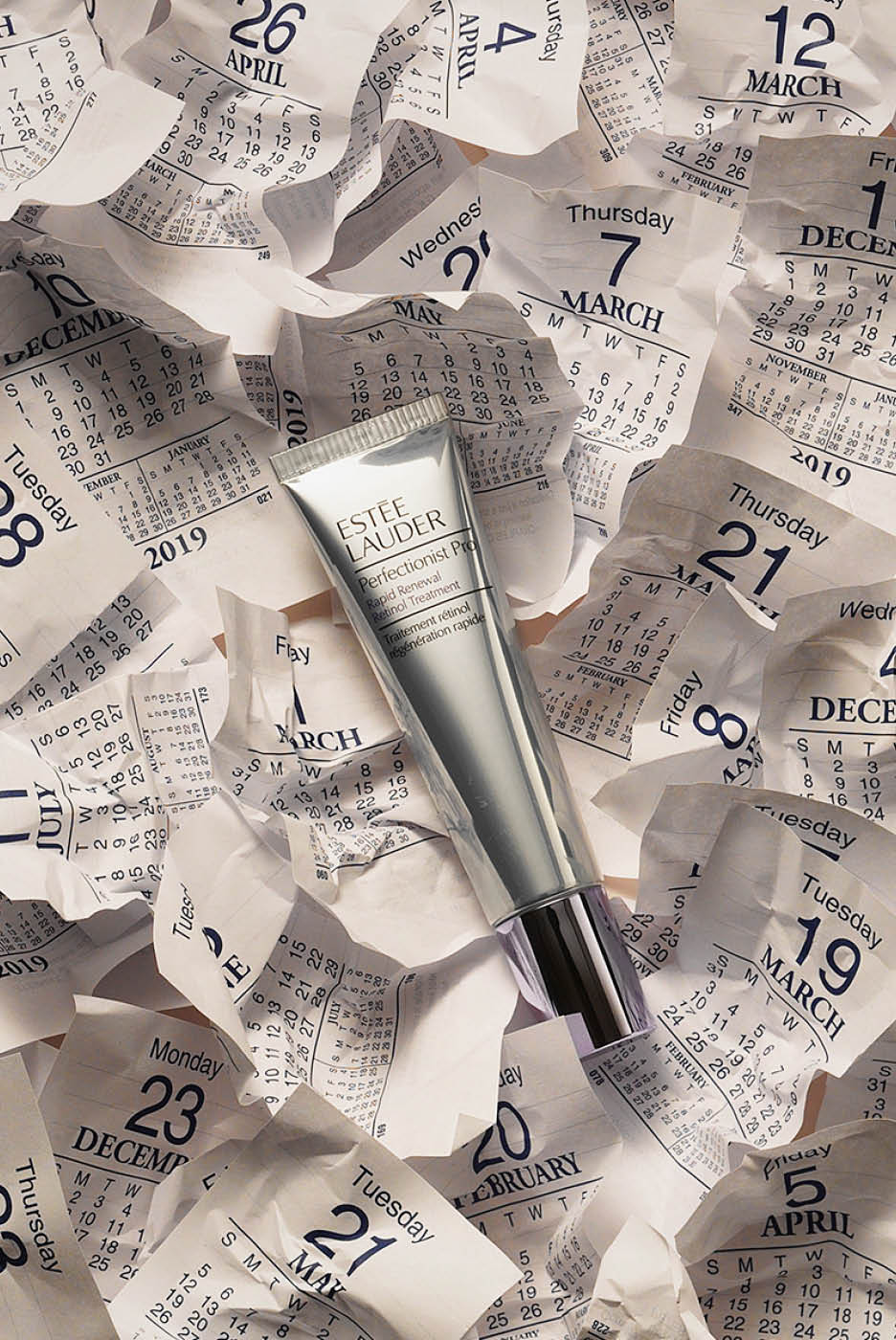
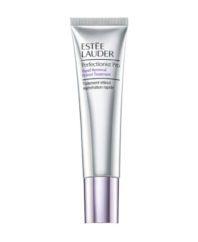
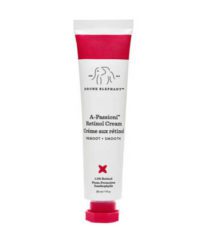
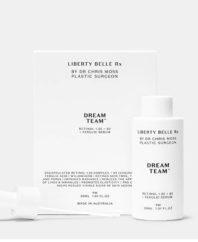
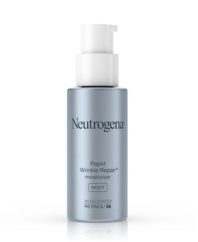


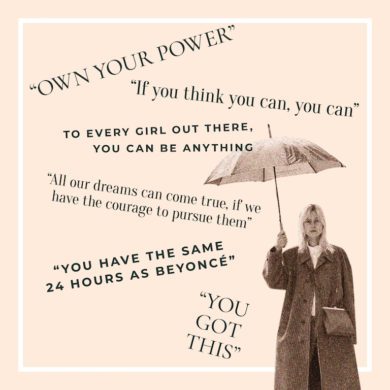
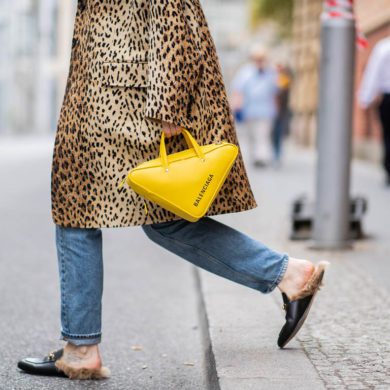
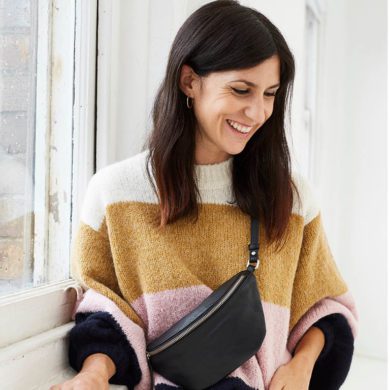


No Comments